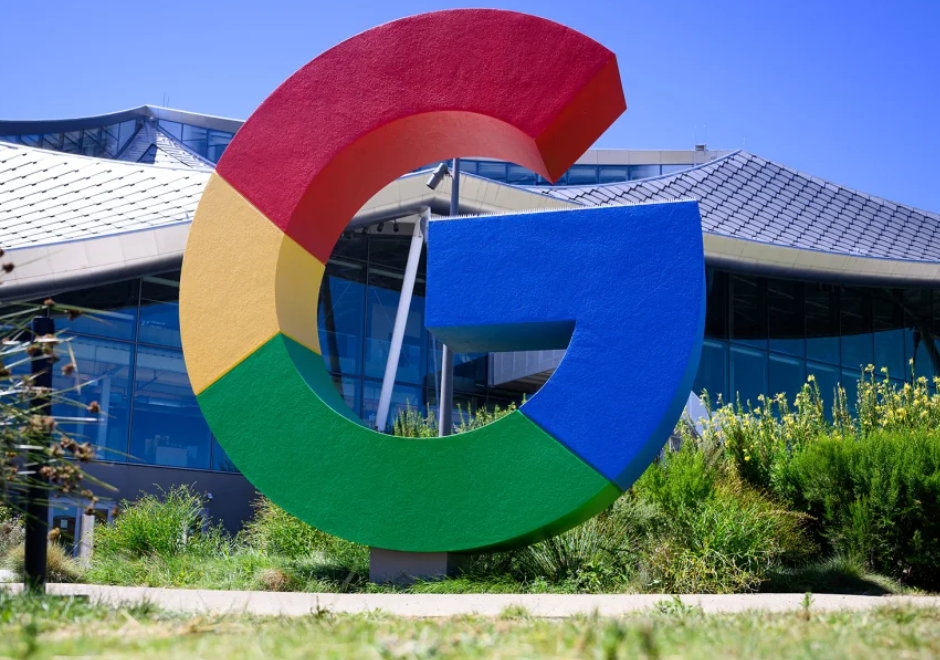Table of Contents

In a landmark move underscoring the critical role of cybersecurity in the artificial intelligence era, Google announced Tuesday its agreement to acquire cloud security firm Wiz for $32 billion in cash—the largest acquisition in the tech giant’s history. The deal, pending regulatory approval, marks a strategic pivot toward fortifying Google’s cloud infrastructure amid surging demand for AI-driven security solutions.
A Strategic Leap in Cloud Security
The acquisition of Wiz, a New York-based cybersecurity startup, represents Google’s boldest bet yet on the intersection of cloud computing and AI. As businesses increasingly migrate operations to the cloud and adopt generative AI tools, securing sensitive data has become a top priority. Wiz’s cutting-edge software specializes in identifying vulnerabilities across cloud environments, offering real-time risk assessments and compliance monitoring—a capability poised to enhance Google Cloud’s competitive edge against rivals like Amazon Web Services (AWS) and Microsoft Azure.
“Cybersecurity moves at warp speed, and so must we,” said Wiz CEO Assaf Rappaport in a company blog post. His words reflect the urgency driving this deal, as AI advancements outpace traditional security measures. Google Cloud CEO Thomas Kurian emphasized the synergy, stating, “Wiz’s technology will be integral to building a safer AI ecosystem for our clients.”
Wiz’s Meteoric Ascent
Founded just five years ago by four veterans of Israel’s elite Unit 8200 cyber intelligence division, Wiz has achieved staggering growth. The startup reached a 10billion .
Wiz’s founders—Assaf Rappaport, Ami Luttwak, Yinon Costica, and Roy Reznik—leveraged their military cybersecurity expertise to create a platform that scans cloud infrastructures for misconfigurations, exposed data, and malicious activity. Their technology’s ability to integrate seamlessly with multi-cloud environments made it a standout in a crowded market.
From Failed Talks to Record-Breaking Deal
The acquisition follows months of turbulent negotiations. In mid-2024, talks between Google and Wiz collapsed over valuation disagreements, with Wiz reportedly holding out for a higher price than Google’s initial $23 billion offer. At the time, Wiz shifted focus toward an IPO, eyeing a public market debut in late 2025. However, renewed discussions gained momentum following regulatory shifts in Washington.
The deal now stands as the seventh-largest acquisition of a private U.S. company on record, according to Dealogic, dwarfing Google’s previous high of 12.5billionforMotorolaMobilityin2012—aventurethatendedina12.5billionforMotorolaMobilityin2012—aventurethatendedina9.5 billion loss after Google sold the hardware division to Lenovo. Analysts suggest Wiz’s strategic alignment with Google’s cloud ambitions justifies the premium price, contrasting with Motorola’s misaligned hardware focus.
Regulatory Winds Shift, Dealmaking Rebounds
The revival of this megadeal coincides with a turning point in antitrust enforcement. Under former FTC Chair Lina Khan, the Biden administration aggressively challenged tech mergers, notably suing to block Microsoft’s $69 billion acquisition of Activision Blizzard and Meta’s purchase of VR startup Within. Khan’s departure in early 2025, however, has eased regulatory pressures, reigniting merger activity across Silicon Valley.
“With Lina Khan gone, the M&A engines are back underway in Big Tech,” said Wedbush analyst Dan Ives. He predicts a “wave of acquisitions” as tech giants stockpile AI and cybersecurity assets. Still, the Wiz deal could face scrutiny; lawmakers like Sen. JD Vance (R-OH), who praised Khan’s antitrust rigor, may question its market impact.
Implications for Cloud and AI Markets
Google’s push into cloud security reflects broader industry trends. Gartner estimates the cloud security market will grow to $68 billion by 2026, driven by AI-related threats. For Google, lagging behind AWS and Azure in cloud market share, integrating Wiz’s tools could differentiate its offerings. The acquisition also aligns with parent company Alphabet’s strategy to monetize AI innovations, such as its Gemini platform, while addressing enterprise concerns over data breaches.
However, challenges loom. Integrating Wiz’s 900 employees into Google’s culture may prove complex, and rivals like CrowdStrike and Palo Alto Networks are doubling down on AI security solutions. Additionally, the 32 billion cash expenditure—equivalent to 732 billion cash expenditure—equivalent to 746 billion cash reserves—raises questions about ROI. Yet, with Google Cloud revenue growing 28% year-over-year to $12 billion last quarter, the company appears poised to absorb the cost.
A Bellwether for Tech M&A
The Wiz deal arrives during a slump in global M&A activity, which fell 15% in 2024 amid economic uncertainty and high interest rates. Its success could signal renewed confidence, particularly in cybersecurity, where acquisitions totaled 77billionin2024.RecentdealslikeCisco’s77billionin2024.RecentdealslikeCisco’s28 billion Splunk purchase underscore the sector’s vitality.
For Google, the stakes are high. As AI reshapes industries, securing cloud infrastructure isn’t just a business advantage—it’s a prerequisite. In acquiring Wiz, Google isn’t merely buying technology; it’s investing in the shield that will protect its AI future.